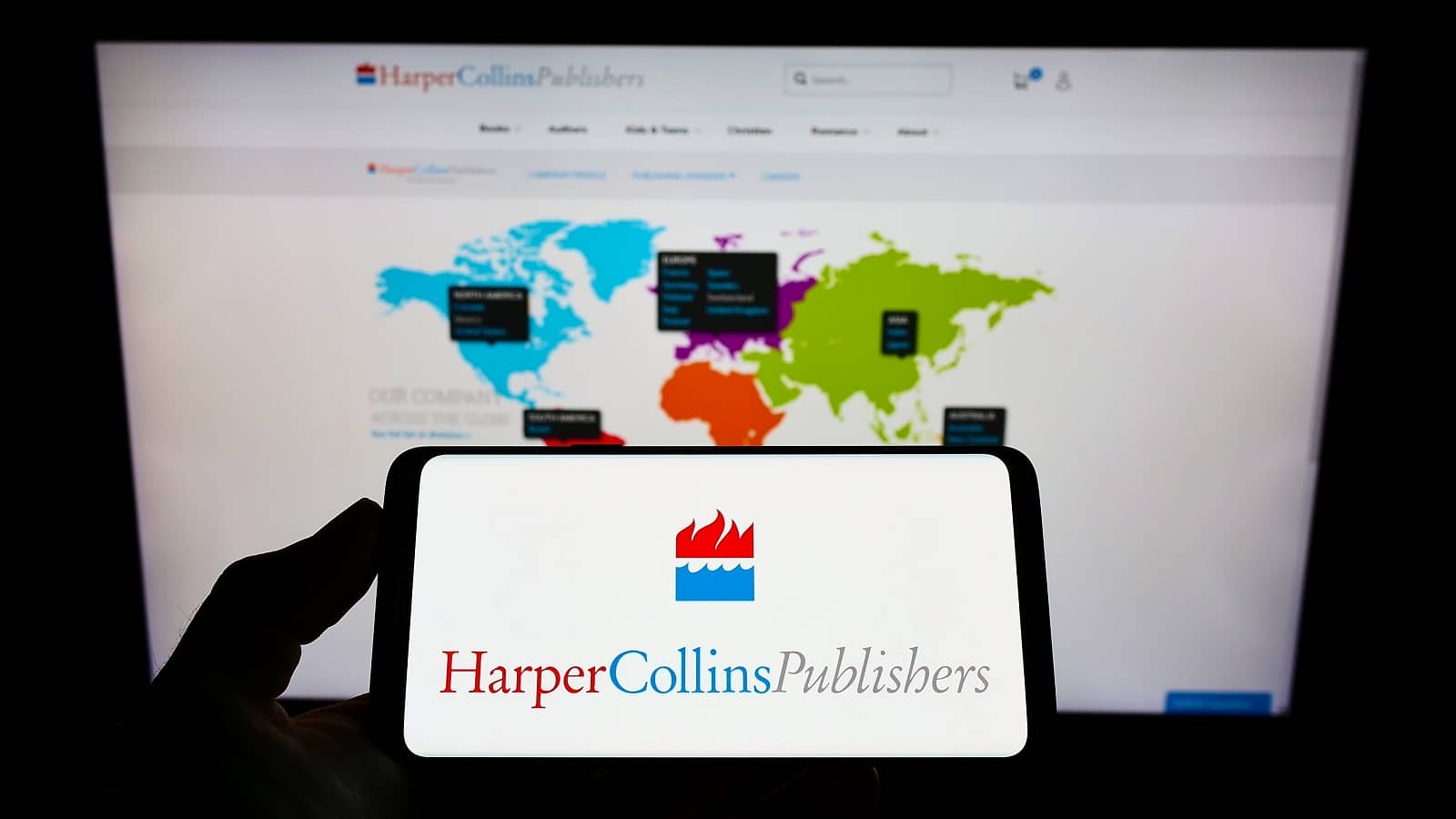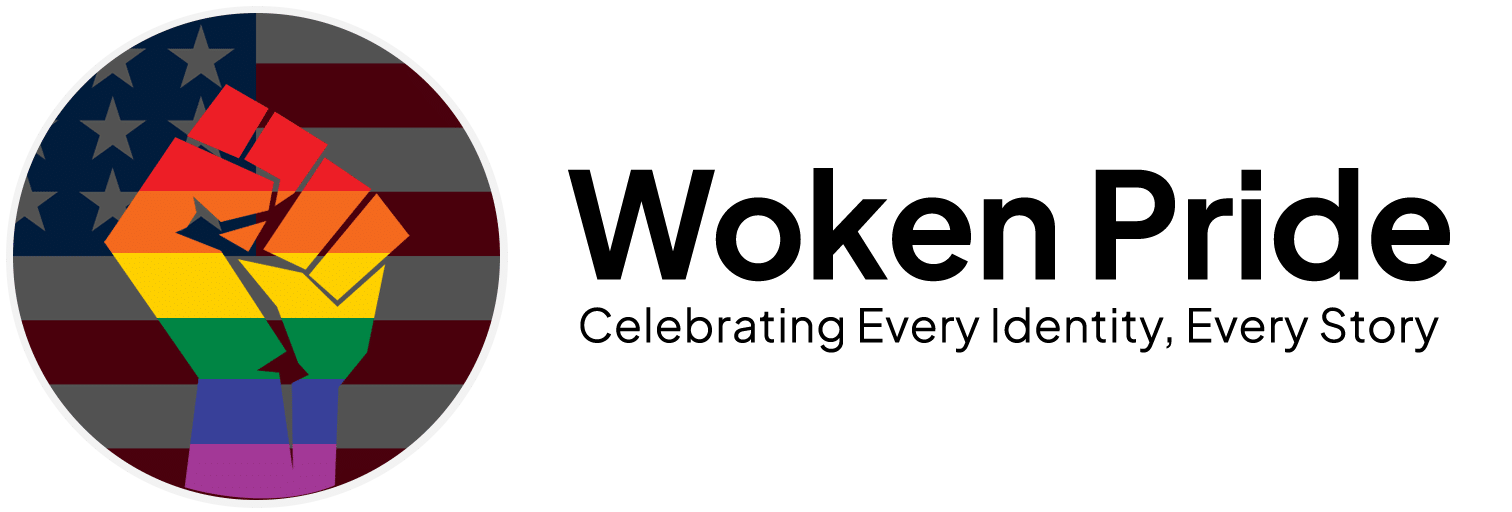Several major American book publishers, including Penguin Random House and Sourcebooks, have come together and filed a lawsuit against Florida education officials over a state law banning access to books in school libraries.
Six Major Publishers Unite Against Censorship

Penguin Random House, Hachette Book Group, HarperCollins, Macmillan, Simon & Schuster, and Sourcebooks are the six U.S. publishing companies joining forces to combat censorship in Florida school libraries.
Florida Law Targets Books on Race, Gender, and Sexual Orientation

These publishers are arguing that a Florida state law has led to widespread censorship of books that have themes relating to race, gender, or sexual orientation.
“As publishers are dedicated to protecting freedom of expression and the right to read, the rise in book bans across the country continues to demand our collective action,” the publishers stated in a joint release.
The crux of these publishers’ legal argument centers on the idea that banning these books actually violates the First Amendment rights of students and authors.
“The Publisher Plaintiffs and the Author Plaintiffs … have the First Amendment right to disseminate and have read their constitutionally protected books,” the court filing stated.
Students’ Right to Read Protected by Constitution

The complaint further stated, “the Student Plaintiffs … have the First Amendment right to receive and read constitutionally protected books, free from unconstitutional content-based restrictions mandated by the State of Florida.”
The lawsuit filed in Orlando’s federal court specifically challenges Florida House Bill 1069, a law passed in 2023 that forces school libraries to remove any book if it receives a complaint for sexual content.
Law Requires Removal Without Consideration of Merit

It is worth noting that the law forces libraries to remove the book even if the complaint comes from someone without kids at the school and allows no opportunity to debate the artistic or educational merit of the book.
However, a spokesperson for the Florida Department of Education, Sydney Booker, was quick to dismiss the lawsuit as a “stunt” by the publishers.
Booker said “There are no books banned in Florida,” but then went on to say “sexually explicit material and instruction are not suitable for schools.”
Despite Booker’s defense, the publishers argue that the Florida law has led to hundreds of books, including many classic and well-respected works, being removed from school libraries.
Some of the notable books that have been removed include works like “I Know Why the Caged Bird Sings” by Maya Angelou, “Their Eyes Were Watching God” by Zora Neale Hurston, and “Slaughterhouse-Five” by Kurt Vonnegut.
As a result, these publishers feel Florida has created a “regime of strict censorship” that goes far beyond protecting students and blatantly infringes on the First Amendment.
“If the State of Florida dislikes an author’s idea, it can offer a competing message,” but “it cannot suppress the disfavored message.”
Publishers Seek Amendment, Not Repeal, of the Law

The publishers and authors involved in the lawsuit have emphasized that they don’t want to get rid of the law entirely but simply want it to be amended so that freedom of speech may be protected.
“Florida HB 1069′s complex and overbroad provisions have created chaos and turmoil across the state, resulting in thousands of historic and modern classics — works we are proud to publish — being unlawfully labeled obscene and removed from shelves,” wrote Penguin Random House associate general counsel Dan Novack in a statement.
Freedom of speech activists have also voiced support for the lawsuit, fearing that Florida may be a testing ground for legislation that bans books and restricts the public’s access to information.

Mary Rasenberger, the chief executive of the Authors Guild, raised her concerns about the law and stated, “We all lose out when authors’ truths are censored.”
These publishers’ legal actions in Florida are part of a broader trend in America where people are coming together to fight censorship and protect citizens’ right to information whether or not the government approves it.
Featured Image Credit: Shutterstock / arindambanerjee.
The images used are for illustrative purposes only and may not represent the actual people or places mentioned in the article.
- K. Leightyhttps://wokenpride.com/author/keegan-leighty/
- K. Leightyhttps://wokenpride.com/author/keegan-leighty/
- K. Leightyhttps://wokenpride.com/author/keegan-leighty/
- K. Leightyhttps://wokenpride.com/author/keegan-leighty/

